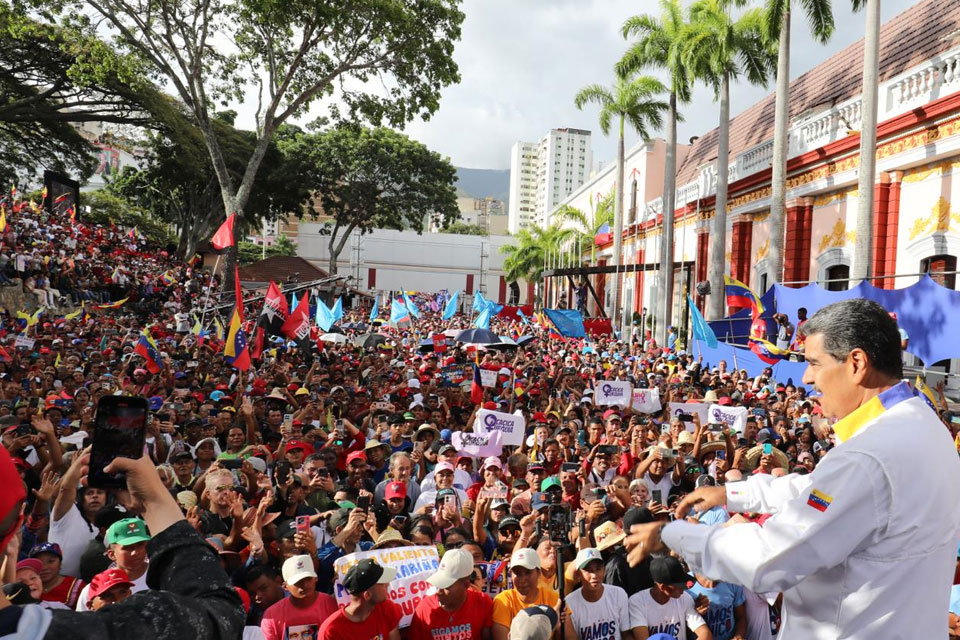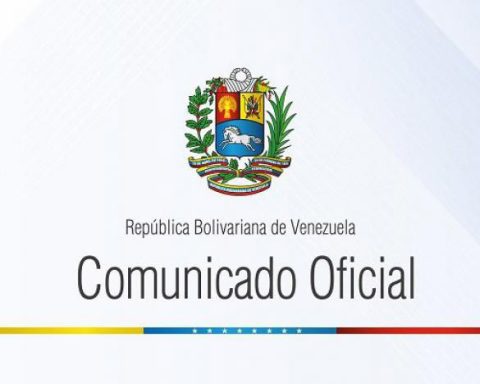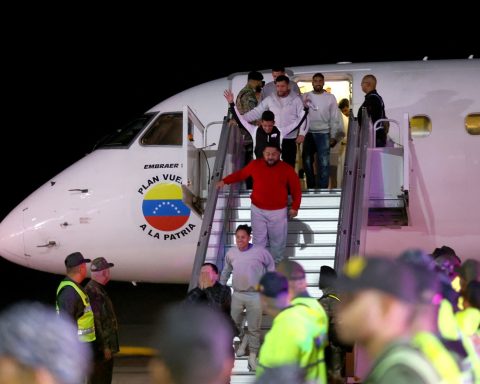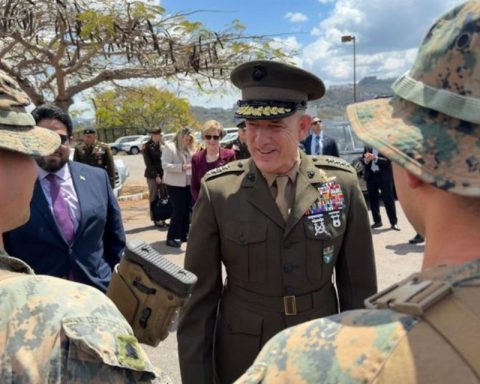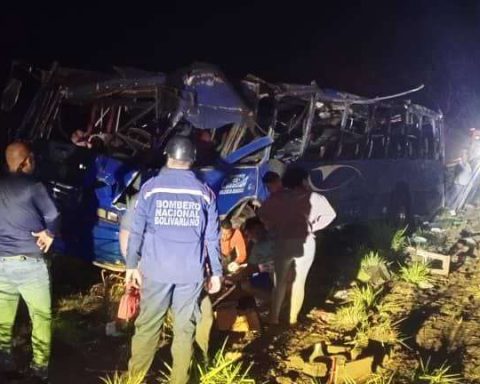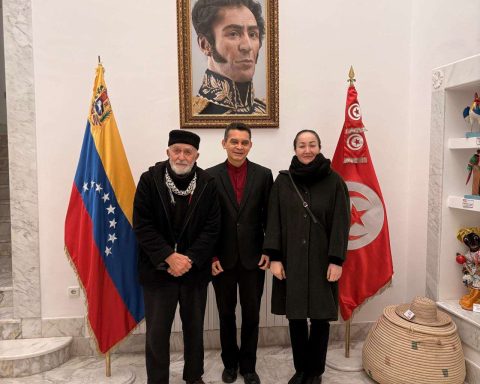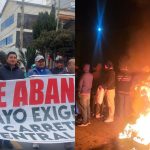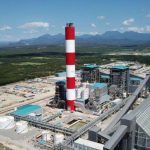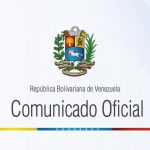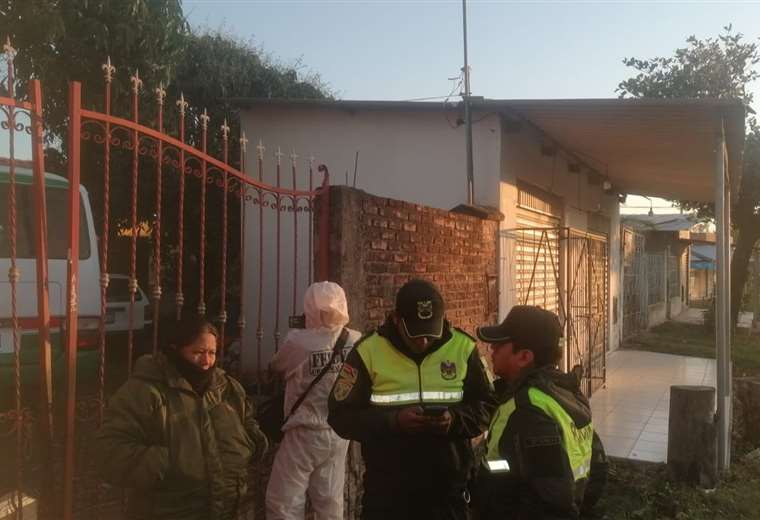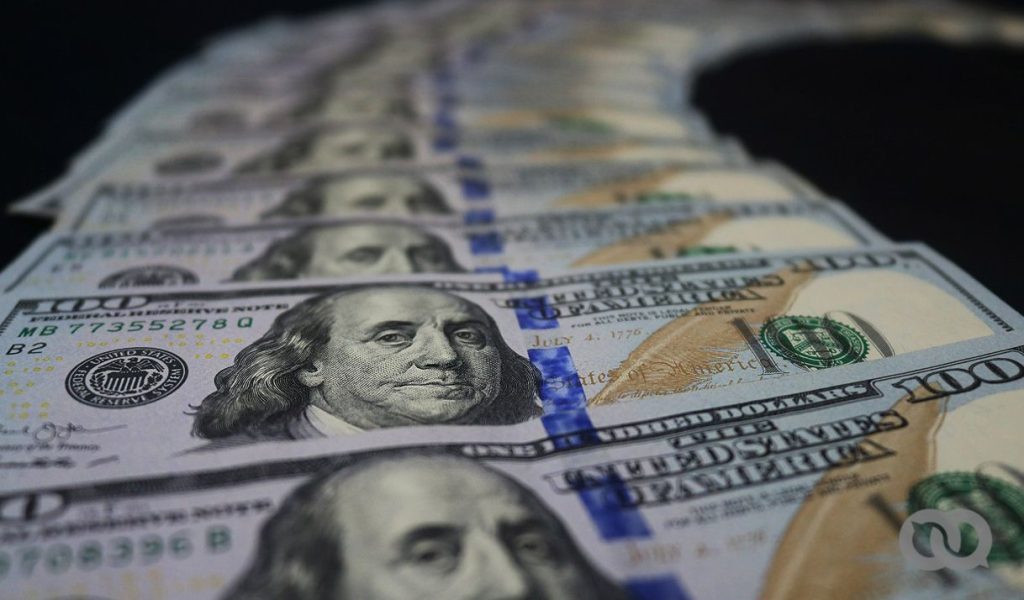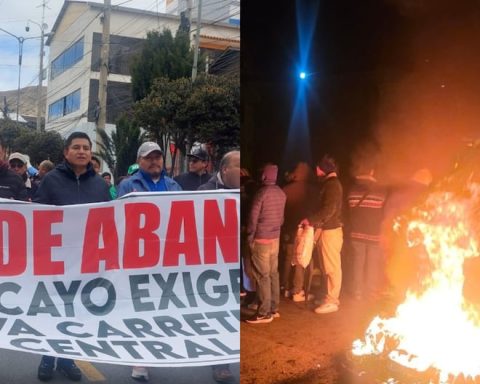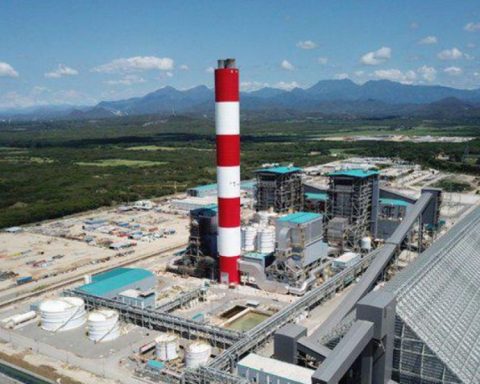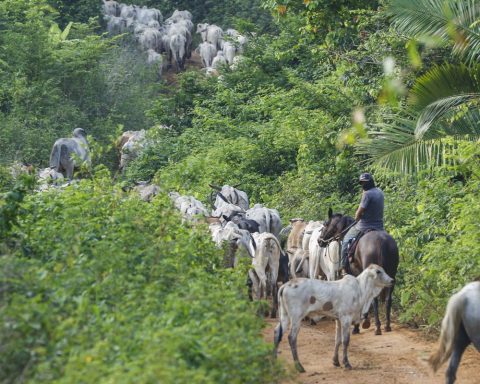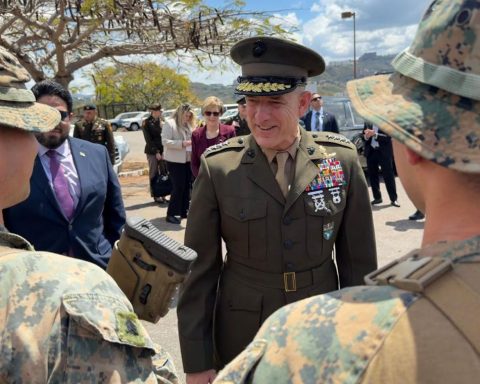During a rally at Miraflores Palace, President Nicolás Maduro said that they had “2,229 terrorists captured.” The number doubles the number released by the Public Ministry itself and also by social organizations.
On August 3, President Nicolás Maduro said during a rally at Miraflores Palace that they had “2,000 prisoners captured” who would be taken to the Tocuyito and Tocorón prisons. A few days later he indicated that the figure was 2,229. However, the number doubles the number released by the Public Ministry itself and also by social organizations.
The last report submitted by the Public Prosecutor’s Office (MP) is from July 31. Up to that date, the MP indicated that a total of 1,062 people had been arrested and would be prosecuted before the Venezuelan justice system for their alleged connection “with hotbeds of violence in several states of the country.”
The arrests took place on July 29, when protests were reported across almost the entire country in rejection of the results issued by the National Electoral Council (CNE), which declared Nicolás Maduro the winner for a third term, which formally begins on January 10, 2025, and ends on January 10, 2031.
“We have captured 2,000 prisoners and from there they will go to Tocorón and Tocuyito, maximum punishment, justice, this time there will be no forgiveness, this time there will be Tocorón,” were Maduro’s words on August 3 at a rally from the Miraflores Palace.
Then, on August 6, Maduro said that they had “captured 2,229 terrorists with evidence.”
Since the protests began, persecution and arrests against the population have increased. The number of arrests increased rapidly, even though the protests took place in less than seven days.
The Foro Penal registry also does not correspond to the data indicated by the president. Until the balance of July 9 in the morning, the organization counted 1,263 people arrested, including 160 women114 are adolescents, 16 are people with disabilities and five are indigenous.
The organization Justice, Encounter and Forgiveness (JEP) records at least 1,100 arrests in the post-election context, between July 28 and August 8 of this year. However, they do not rule out that the number is much higher, in that sense, they indicate that they continue searching and investigating about these other arrests in the context of the demonstrations.
As for deaths, the organization is aware of 25 people killed in the exercise and context of peaceful demonstrations, with the Capital District and the state of Aragua having the highest number of murders between July 28 and August 8, 2024.
On August 1, Maduro also indicated that he intended to lock up more protesters. “I am preparing two prisons, which I must have ready in 15 days, they were already being prepared (Tocorón and Tocuyito), and all the guarimberos (violent protesters) are going there.”
For human rights organizations, the president’s statements have so far had two interpretations: on the one hand, they are generating intimidation and on the other, they are recognizing the arrests in the context of demonstrations.
*Read also: Persecution intensifies: 51 political activists were arrested or harassed after #28Jul
Gonzalo Himiob, director of Foro Penal, explains that he does not know where the president got these figures from. “They do not correspond to the figures that the NGOs handle and they do not correspond to the figures that the Public Prosecutor’s Office itself has released.”
For the human rights defender, this expression is “an obvious intimidating intention, to try to somehow dismantle the complaint, the peaceful protest of the citizens, threatening with arrest anyone who in some way goes out to protest, that is what we think, but it is a speculation, a hypothesis, because we cannot truly know what Mr. Nicolás Maduro’s intention is to disclose these figures that, again, do not correspond with those that the NGOs have, nor with those that the Public Ministry has disclosed,” Himiob told SuchWhich.
“There are official figures, for the first time in Maduro’s entire decade. The last one mentioned by President Nicolás Maduro was 2,229 people arrested in the context of demonstrations, that is, For the first time, there is an official figure regarding the number of people arrested for political persecution in Venezuela“This is a change in the pattern, because previously there was always a denial by the State authorities of the existence of this type of detention. Now it is the State that assumes the responsibility of having all these people detained,” explains Martha Tineo, general coordinator of Justice, Encounter and Forgiveness.
For Tineo, the reason why the figures from civil society organizations are lower than those of the State is for this reason: “The State is detaining people en masse, we have received reports that they took 50 people on a bus, they broke into a residence and took so many… They give numbers, but they do not identify these people, we have made a huge effort to try to identify them and find their whereabouts, so obviously we are behind the official figure,” he says.
The lawyer from the Central University of Venezuela indicates that another reason that makes it even more difficult to determine the number of detainees is that they are not allowed to communicate with their families or with trusted lawyers.
“No one knows of his arrest, so after an incessant search, the relatives begin to locate him, and what happens? The families, for fear of reprisals, because of this worsening pattern of persecution, are not filing complaints as they did before. Trusted lawyers have not been able to take on the defense of these people because they are denied assistance and a public defense attorney is being imposed on them.” While we are trying to locate some, more and more arrests are emerging.“That is what is happening,” says Tineo.
The president has called the protesters “terrorists.” Meanwhile, the Attorney General, Tarek William Saab, believes that these protests “are linked to violent sectors of the opposition, seeking to re-enact historic events such as ‘El Caracazo,’” according to the latest press release from the MP related to the demonstrations.
For the Venezuelan Observatory of Social Conflict (OVCS), the protests are peaceful and are of people demanding transparency and credible information on the results of the presidential elections of July 28.
Since the night of July 28, the OVCS documentpreliminarily, more than 300 citizen demonstrations in all the states of Venezuela, mainly in popular areas in the post-electoral context.
By midday on July 30, the observatory had recorded more than 115 protests repressed in 20 states. “The repressive actions have been carried out by armed civilians, identified as paramilitary groups, acting in coordination or with the acquiescence of officials from the State security forces.”
Post Views: 23
